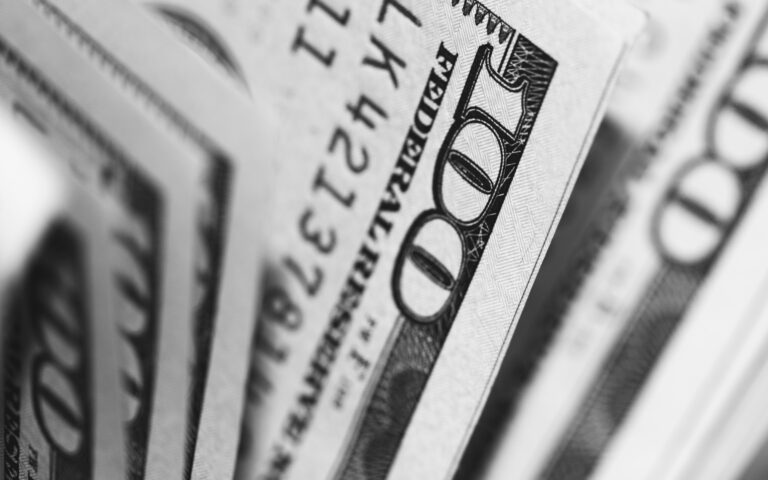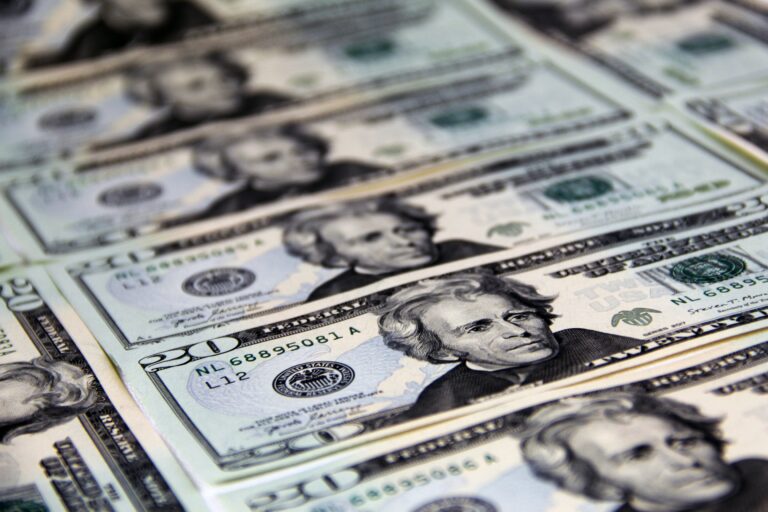
Morning Brief – Monday 7th
Across the globe, some of the most important political and technocratic figures participating in some of the most closely watched and intensely documented global risks sat down at their respective tables for serious discussion. From Beijing, to Westminster, to Washington, discussions unfurled with huge potential consequences for global foreign exchange markets. In a day that has seen Eurasia group, a large and respected political risk consultant, attempt to categorise and rank global risks it still seems ambitious to rank these risks. But let’s try anyway. 1, 2, 3, in that order:
Likely to be the biggest risk to systemic global growth, representatives from China and the US met in Beijing for the first day of a two-day face-to-face summit. From the US side, the delegation consists of big-hitters from the agricultural, energy and treasury departments. Carrying the mandate of President Trump, who inspiringly reminded markets yesterday he thinks that “things are going to happen”, the delegation is hungry for a deal. Today’s reports emanating from the Chinese capital confirmed this view, suggesting that both sides are there to make a serious and lasting deal.
The importance of finding a resolution to the trade war is hard to understate. China can boast to having the worst performing major global equity market of 2018, with losses in the last 6 months alone standing proud above 22%. At the same time, whilst admittedly also facing challenging and adapting domestic monetary conditions, US stock indices have suffered considerable losses. Shown below, the Hang Seng index of Chinese equities and the New York Stock Exchange Composite Index can be seen to fall in tandem as the trade war took grip.

If negotiators on both sides fail to reach agreement ahead of their March 2nd deadline, an escalation in mutual tariffs is supposed to be automatic. US levies on $250bn worth of Chinese exports currently exposed to a 10% tariff would see the sanction rise to 25%. Similarly, a further $267bn worth, the remainder of Sino-US exports, would be up for further future tariffs. The US is looking for commitments to respect US intellectual property in China and a commitment to purchase US goods, whilst an ailing China desperately needs the artificial inhibitions to trade removed. If a deal is struck, defensive Dollar demand that continued to support the US Dollar throughout late 2018 will be relieved, allowing the value of the greenback to fall substantially. Positive global trade sentiment therefore adds to the downside risks facing the Dollar in 2019.
In London, and second on our list, Parliament resumed following the recess. The Brexit vote is still scheduled for next week, with Prime Minister Theresa May reaffirming her commitment to honouring the already-delayed vote ahead of her self-imposed January deadline. Over the coming days and the next two weeks, a flurry of Brexit-related headlines will be sure to generate a volatile Pound.
Last, but not least, Washington remains in partial shutdown for its 17th day. That makes the 2018-19 government shutdown the third-longest in history with any willingness to resolve the conflict between the House of Representatives and the White House still out of sight. With the US facing uncertainty at home and abroad, resolving the shutdown rapidly will be key to preserving Dollar strength. However, it’s no secret, what with his attacks on the Federal Reserve Bank and explicit affirmation from Steven Mnuchin, the President’s own Treasury Secretary, Trump might rather enjoy a weaker US Dollar. Perhaps, then, the Dollar’s run is over.
Discussion and Analysis by Charles Porter

Related Insights

Daily Brief – Weren’t Tariffs USD Negative?
Weren’t Tariffs USD Negative? The Dollar proved sensitive to headlines regarding trade during the US overnight session. However, contrary to what many commentaries would have you believe, as the risk of tariffs escalated the Dollar rose. The 90-day pause following Trump’s April ‘liberation day’ tariffs had been set to expire this coming Wednesday. To the […]

Daily Brief – Dollar Reserves
Dollar Reserves With the passing of Trump’s original deadline for the reimposition of liberation day tariffs yesterday, markets have breathed a sigh of relief. July VIX futures continued to slide lower. Moreover, what may surprise anyone who had been expecting the issue of tariffs to resurface following the passing of Trump’s new deadline, so too […]

Daily Brief – Big Girls Don’t Cry
Big Girls Don’t Cry A bond market tantrum and one of the sharpest one day sell offs in Sterling for several years appear to have been catalysed by the Chancellor’s appearance in PMQs yesterday. First: the back story. This Labour government has faced some embarrassment in recent weeks trying to get its welfare bill through […]



 Charles Porter
Charles Porter